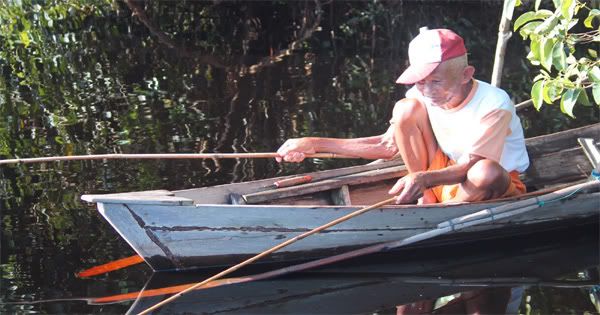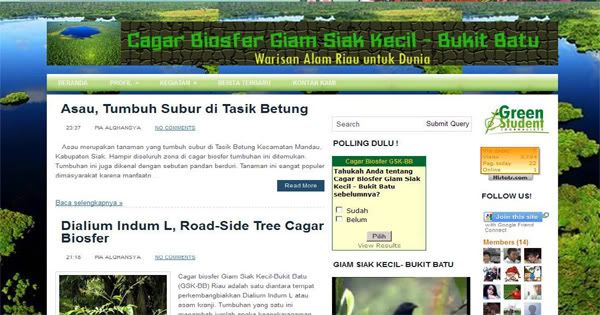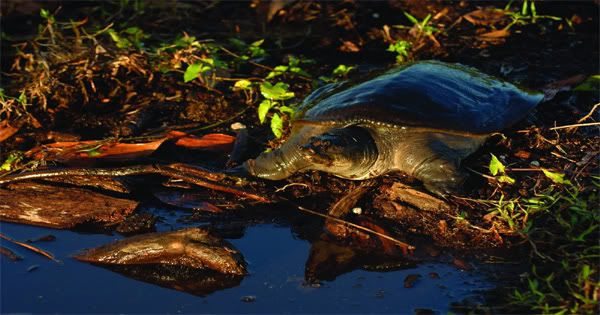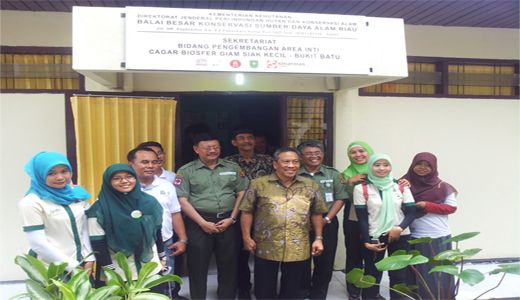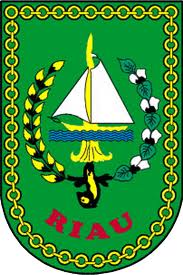A trend in recent years of international investors snapping up land in developing countries for agriculture has captured the attention of academics, policymakers, media and civil society groups. Their interpretations of the possible implications vary, due as much to ideology as to evidence.
Defenders emphasise that foreign investments contribute towards overcoming technological constraints, fostering agricultural modernisation and linking local economies with global markets. Critics highlight concerns about equitable access to food, protection of local tenure rights and enhanced benefit-sharing from land development.
For their part, environmentalists often have mixed feelings: on the one hand, investors are seen as among the main players causing forest destruction, but on the other hand, they are also perceived as having an important role to play in conservation.
For a copy of the report by Toulmin, C., Bindraba, P., Borras, S., Mwangi, E. and Saue, S. 2011 Land tenure and international investments in agriculture: A report by The High Level Panel of Experts on Food Security and Nutrition on World Food Security, Rome 2011, visit http://www.cifor.org/nc/online-library/browse/view-publication/publication/3522.html. |
International investment in agriculture in developing countries, which prompts large-scale land appropriation, is not a new trend but it has new connotations.
Thus, understanding its dynamics in order to devise effective policy responses to manage the impacts constitutes an urgent task and a difficult one.
Multiple drivers shape investments in land and agriculture. These investments involve a diverse number of actors (from international to local) that often have different motivations (production or speculation); their impacts, too, are diverse, depending on the specific local conditions where these investments take place.
Shedding light on their magnitude and social, economic and environmental outcomes is fundamental if effective policy responses are to be devised, not only to reduce their negative impacts but also to enhance their positive contributions.
With this aim, the UN Committee on World Food Security’s High Level Panel of Experts on Food Security and Nutrition produced a report on this issue. The authors, Toulmin and colleagues, analysed available estimates and found that international investors have acquired about 5080 million hectares of land in middle- and low-income countries, through either purchases or lease agreements. Two-thirds of this area is in sub-Saharan Africa.
The authors reiterate what is generally already known about the drivers shaping this trend: the rise in investments is largely associated with growing demand for food, feed, fibre and biofuels, as well as financial speculation.
Multiple interests are involved in making these deals possible from corporate firms at the international level, to local authorities, entrepreneurs and government officials at the local level. While the report acknowledges that national investors play an important role in the agricultural sector, its focus is on large-scale international investments.
Toulmin and colleagues suggest that large-scale investments in agriculture do not necessarily increase food supply, close yield gaps or expand production. Rather, such investments often negatively affect local populations, leading to dispossession and displacement.
The authors indicate that land appropriation by firms often takes place through leases (because, in many cases, national governments do not permit foreigners to own land) or through states handing local people’s land to large-scale commercial investors based on the concept of ‘eminent domain’. The terms of the contracts and compensations for local populations are highly questionable.
While these investments could take different forms, large-scale plantations are the most common result. Toulmin and colleagues argue that this model tends to dominate because governments are offering investments in large tracts of land rather than promoting more inclusive business models, such as contract farming.
The authors conclude that large-scale investments in plantations often damage local livelihoods, undermine food security and reduce access to key resources. Promises of employment often do not materialise and people from outside the area often take the few jobs created.
Furthermore, farmland acquisitions have significant gender implications because women encounter systematic discrimination with regard to access and decision-making, as well as ownership and control of land.
Finally, the authors indicate that the direct and indirect negative impacts are relatively severe because of pressures on forest conversion, soil erosion and water pollution. Nonetheless, a range of possible outcomes may result from different combinations of land security, regulations and market conditions.
The report describes many governance initiatives emerging at different levels, and with different aims and scopes, to address the socio-economic and environmental impacts of large-scale investments.
These include voluntary guidelines, industry-based roundtables and changes in national policies related to issues such as tenure, the environment and taxation. The report ends with a list of recommendations for each type of actor.
Overall, the report makes a good case for stronger action at multiple levels and for the involvement of multiple stakeholders in order to improve the governance and oversight of international investments, mainly to ameliorate their observed negative impacts.
Further opportunities exist for better understanding of how the proposed policy responses (and the incentives they engender) may realistically work in the various settings under which large-scale land acquisitions occur. Moreover, while the authors suggest ways to enhance the capacity of smallholders, harnessing existing potential can do much.
A multitude of small-scale resource management systems can reconcile social, economic and environmental goals. Therefore, enhancing governance of large-scale investments and supporting the potential of smallholders emerge as global priorities to be pursued in concert.
POLEX
POLEX is an initiative of the Center for International Forestry Research to keep opinion leaders, policymakers and researchers up to date on path-breaking research on forests.
POLEX was first launched in 1997. It is sent each month to about 22,000 stakeholders in the forestry sector worldwide. It is translated into French, Spanish, Indonesian and Japanese. Each message includes a concise highlight of a timely and important research report.
Although CIFOR manages the list, the content of the messages reflects only the views of the authors of the original research and the author of the message. They do not necessarily reflect official views of CIFOR as an institution.
We are very interested in your feedback regarding POLEX and your suggestions for interesting reports we might promote through the list. Please send them to cifor-polex@cgiar.org.
Center for International Forestry Research
CIFOR advances human wellbeing, environmental conservation, and equity by conducting research to inform policies and practices that affect forests in developing countries. CIFOR is one of 15 centres within the Consultative Group on International Agricultural Research (CGIAR). CIFOR's headquarters are in Bogor, Indonesia. It also has offices in Asia, Africa and South America.

